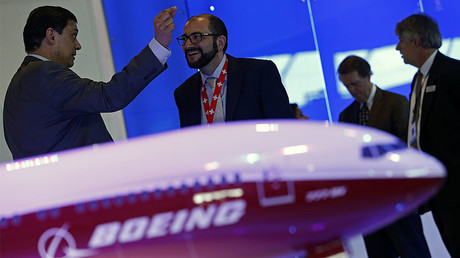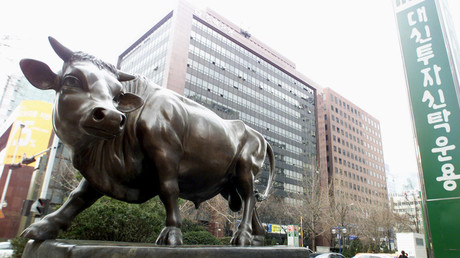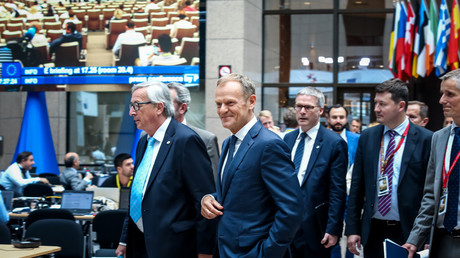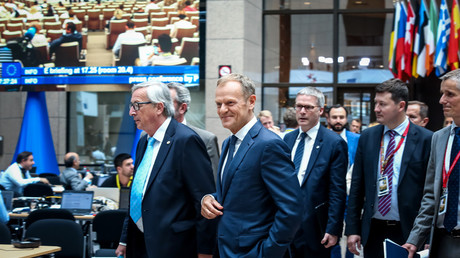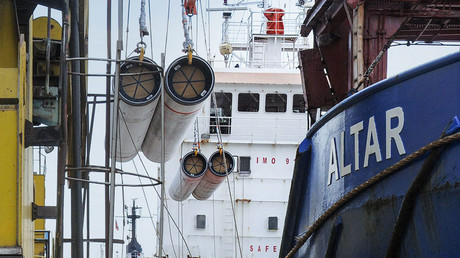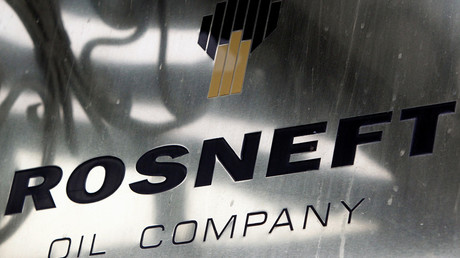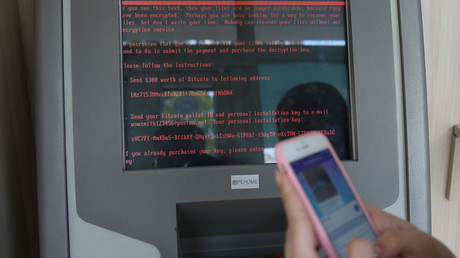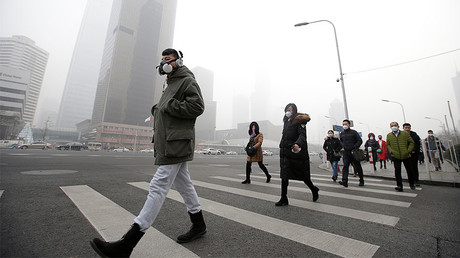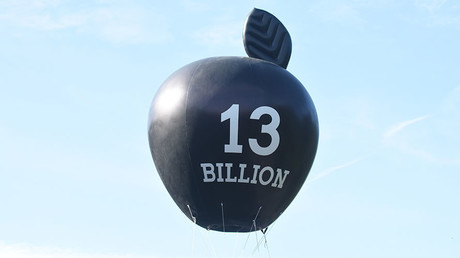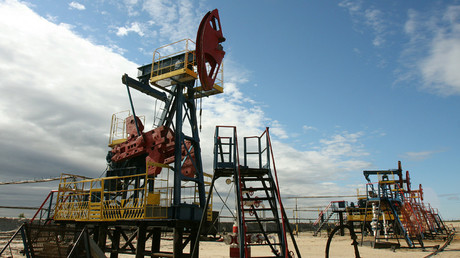
Lingering concerns about an oil glut has dragged Brent crude 16 percent down since the beginning of the year despite supply cuts by OPEC and Russia.
On Friday, US crude futures were trading at $45.21 a barrel at 12:29 GMT, having added more than five percent this week.
Brent was up 0.63 percent at $47.63 per barrel, while US West Texas Intermediate added 0.78 percent to $45.28. The weekly gains were reportedly the highest for both contracts since the week ending May 19.
Last week crude prices hit a 10-month low as rising production activity boosted concerns about global oversupply.
However, this week’s data revealed a temporary drop in US oil output knocking out the bearish sentiment.
US crude production declined by 100,000 barrels per day to 9.3 million last week, marking the steepest weekly fall since July 2016.
Analysts polled by Reuters lowered the price forecasts, with 2017 average Brent and WTI prices down by more than two dollars since last month.
Brokerages including Goldman Sachs and Societe Generale have also cut their 2017 outlook for oil prices, while funds have been unloading long speculative positions, reducing bets on higher prices.
READ MORE: Saudi reshuffle could completely shake up oil markets
“The market’s calls for further cuts from OPEC continue to be rejected by the oil group. UAE Energy Minister Suhail Al Mazrouei was the latest minister to suggest there are no plans or talks on further curbs. This follows on from comments from Russia that such a topic is not on the table,” said ANZ Banking Group in a note seen by Reuters.
Article source: https://www.rt.com/business/394819-oil-rally-us-output-decline/?utm_source=rss&utm_medium=rss&utm_campaign=RSS
